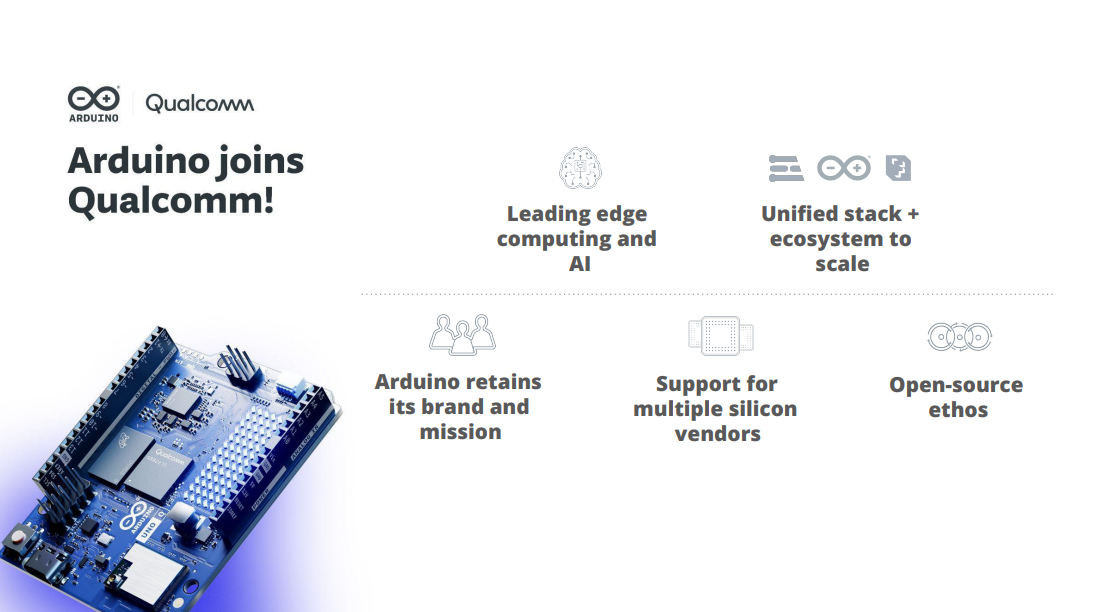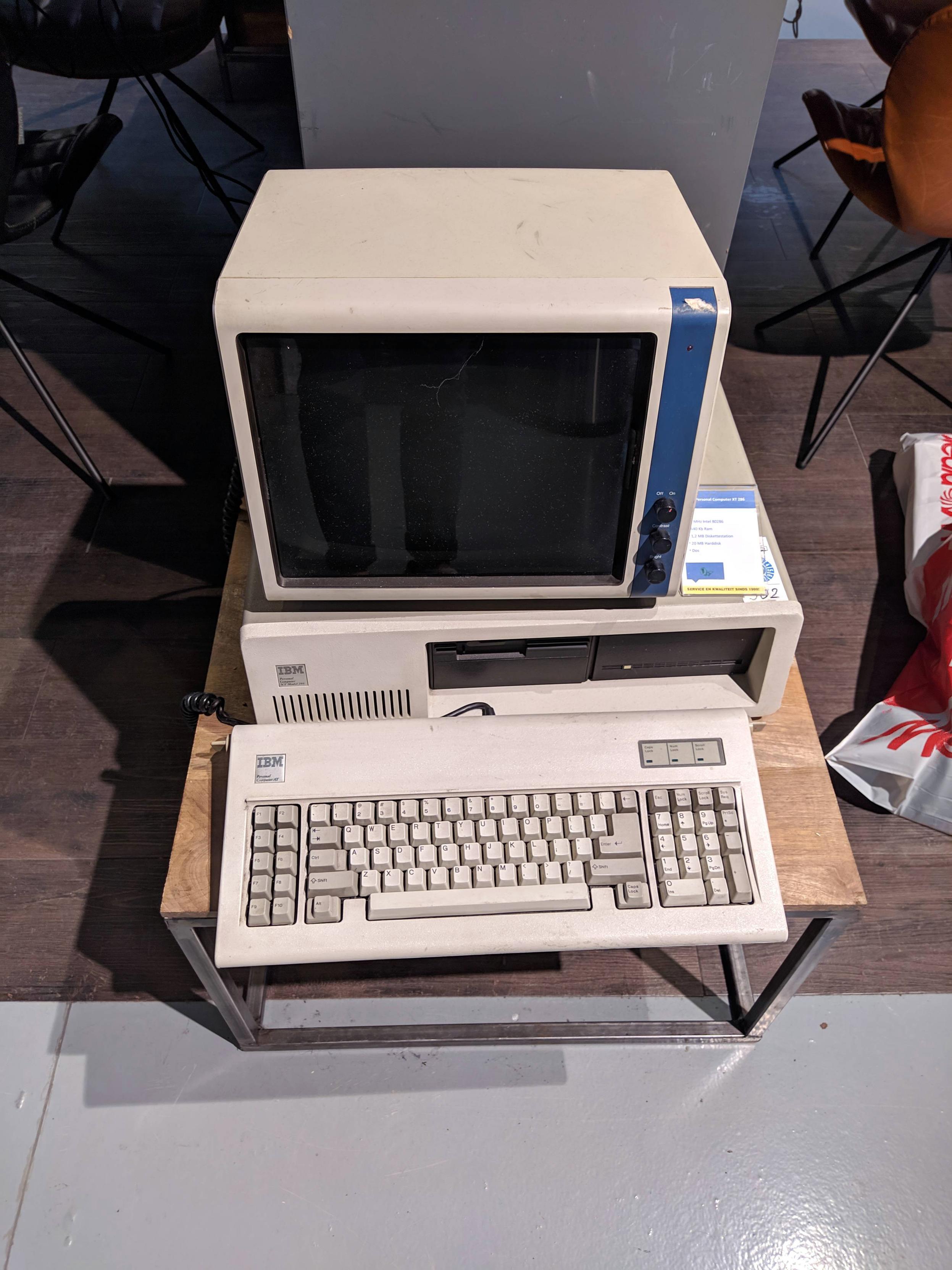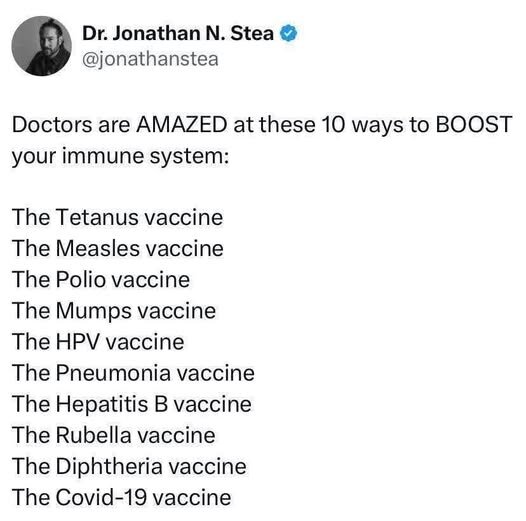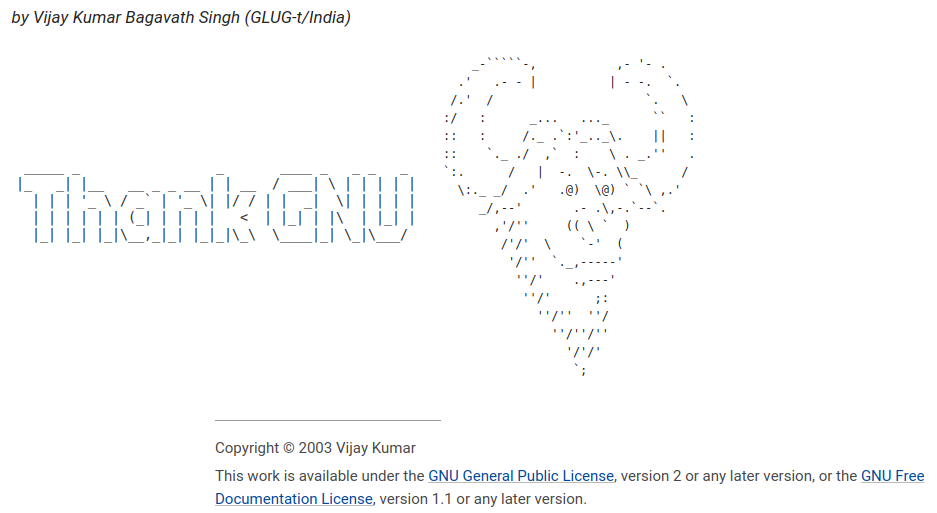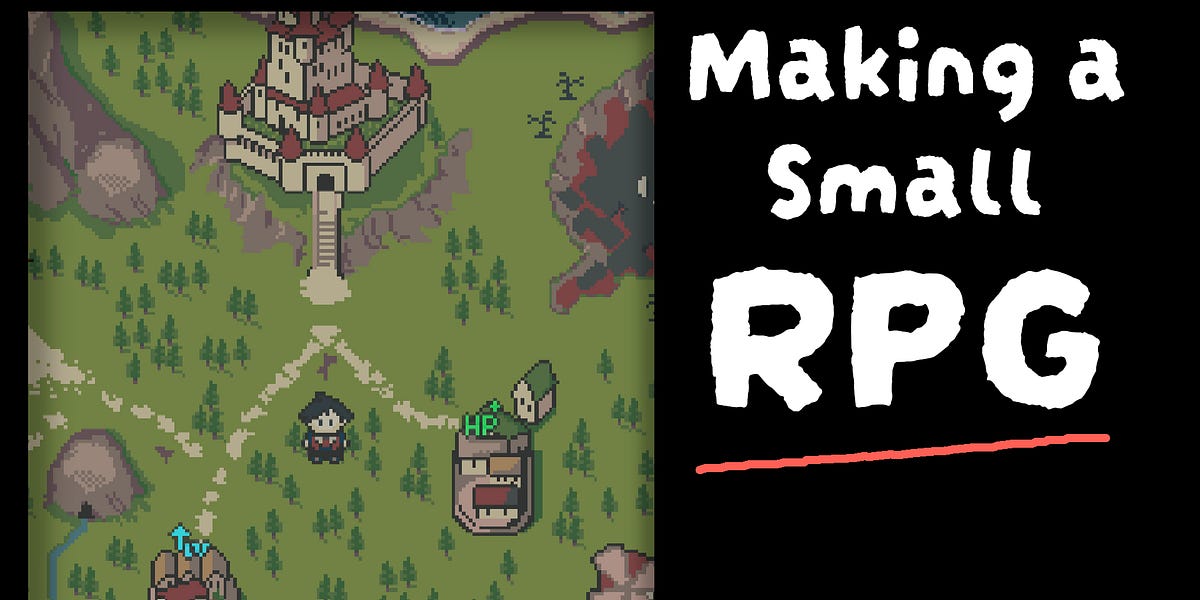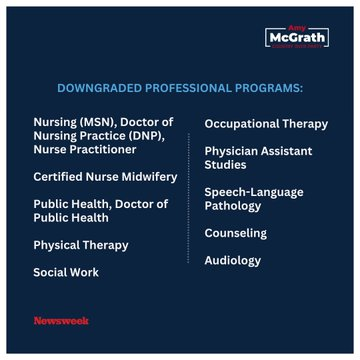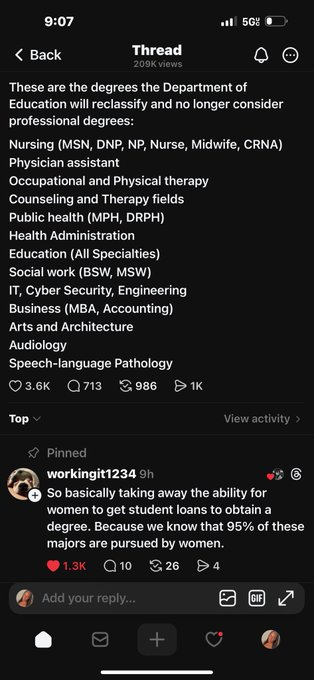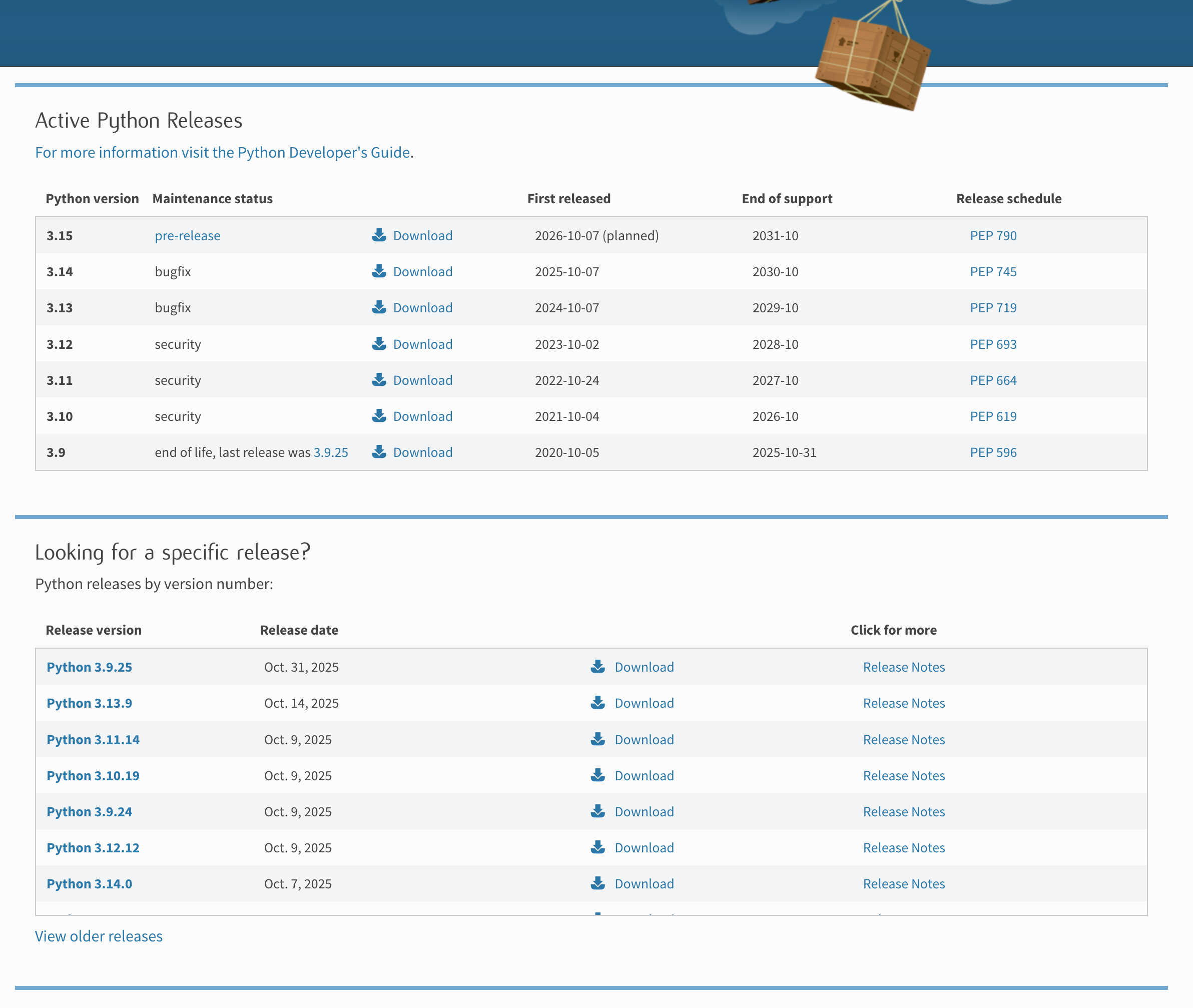Fediverse Report – #143
I’ve just gotten back from the Eurosky conference in Berlin this week, and it was great to meet so many people working on the open social web. As a reflection on that, I wrote here about building on open protocols creates new challenges for governance. This week’s fediverse news ties right in to that. I’m still tired from all the talking and writing, so next week I’ll catch up to the rest of this week’s news again.
Mastodon CEO Eugen Rochko steps down
Mastodon’s long-time CEO and founder Eugen Rochko stepping down, after the organisation had announced back in January 2025 that the organisation would be transitioning both its legal and organisational structure. Now, the leadership team of Mastodon consists of:
- Felix Hlatky as Executive Director. Hlatky has been working on Mastodon for over 5 years, initially in the evenings alongside a full-time job, and was the driving force behind incorporating the German non-profit. He has been working for Mastodon on the fundraising and financial side, and was the CFO for Mastodon before now becoming the Executive Director. Mastodon says his priorities are on making server operations more efficient, growing the Mastodon team, and keeping the organisation financially sustainable.
- Hannah Aubry as Community Director. Aubry joined the Board of Directors of Mastodon in early 2025, and the switch in organisational structure now puts her in the Community Director role full time. Aubry will be involved with growing the Mastodon community and overseeing the trust and safety programmes.
- Renaud Chaput as Technical Director. Chaput has been the CTO over the last few years, and he has grown the engineering team to 9 people in that period.
Eugen Rochko stays within the extended leadership team as Strategy & Product Advisor, together with Andy Piper as Head of Communications, and Philip as Chief of Staff. Rochko says the restructuring was prompted by the stress of leading a social media project, and that he feels that he does not “have the right personality for it”. He describes that these negative interactions chip away at you, ranging from being compared to the tech billionaires but with none of the money or resources, to the challenging interactions with the user base. A particularly difficult interaction with a user last summer was the catalyst for stepping back. Rochko acknowledges that ‘there are too many examples of founder egos sabotaging thriving communities,’ and the restructuring provides better guardrails to ensure Mastodon stays true to its values. Rochko is staying involved because of his passion for the project, calling the fediverse ‘an island within an increasingly dystopian capitalist hellscape’ and saying Mastodon is ‘our best shot at bringing this vision of a better future to the masses.
Mastodon is also transitioning into a Belgium non-profit entity as the future home of the Mastodon organisation. The current Mastodon organisation is in Germany as the Mastodon gGmbH entity. This organisation automatically become a for-profit organisation after its charitable status were stripped away. The new Belgium entity (an AISLB) allows Mastodon to become a non-profit organisation again. The organisation does not know yet when exactly the transfer to this new Belgium entity will happen. Meanwhile, Mastodon will also continue to operate an US-based 501(c)(3), as a “strategic overlay and fundraising hub”.
Another important change is that the Mastodon organisation now owns the Mastodon brand and assets, which used to be owned by Rochko. The organisation has attracted various larger donations, with Mastodon listing Jeff Atwood and the Atwood Family (EUR 2.2M), Biz Stone, AltStore (EUR 260k), GCC (EUR 65k), and Craig Newmark. These donations are partially used to fund acquisition of the Mastodon brand and assets from Rochko. Rochko is receiving a one-time compensation of EUR 1M for transferring the Mastodon brand trademark and assets to the organisation, which also compensates him for 10 years of work on the project at a below-market rate. Hlatky noted that Rochko turned down earlier acquisition offers worth more than 10 times this amount to keep Mastodon as a non-profit and open-source project. Mastodon says that individual community donations, which amounted to EUR 337k over the last 12 months, have not been used for this compensation.
When Rochko reflects on his legacy, he writes:
As for what the legacy of my run will be, I find hard to answer. For one, I think it is not up for me to judge. On the other hand, it is as much about what didn’t happen as it is about what did. I’ve always thought that one of the most important responsibilities I had was to say “no”. It is not a popular thing to do, nor is it a fun thing to do, but being pulled into too many different directions at once can spell disaster for any project. I’d like to think I avoided some trouble by being careful. But I’m also aware that my aversion to public appearances cost Mastodon some opportunities in publicity.
A few observations on this transition:
The sheer grit and determination by Rochko to start the project a decade ago, and continue working and growing the project and organisation on such limited resources in extremely impressive. Daring to let go of the ownership of a project as a founder that has become integral and integrated with who you are is super hard, and I respect for Rochko for being able to say “I need to step back”. He’s clearly aware of the risks of founders not doing this properly, saying that there “are too many examples of founder egos sabotaging thriving communities”.
Rochko does not mention the drastic change in late 2022, where, due to Musk’s acquisition of Twitter, Mastodon (and Rochko) got put in the global spotlight as the alternative to Twitter. This event drastically changed the course of the open social web, and many people joined Mastodon with the vision that it could replace Twitter. That vision did not come to pass. Hlatky’s vision is also not one of rapidly replacing X, instead describing the goal as “slow user & server growth”. The open question remains if that vision, of Mastodon becoming the main replacement for Twitter, could have actually unfolded, and if the momentum of late 2022 and early 2023 could have resulted in Mastodon becoming a main player in the space. While there are clearly many factors that contributed to this, as the leader of the biggest fediverse platform during that crucial period, it would be interesting to hear Rochko’s perspective on this. Could different decisions by Mastodon about onboarding, moderation, or discovery have capitalised on that momentum?
I find it striking that Rochko describes his own role and responsibility as mainly to say “no”, listing it as one of his most important responsibilities. He also sees one of the main risks to the project as being “pulled into too many different directions at once”. Mastodon does have a reputation for being difficult to get contributions (code or otherwise) accepted, and the reason for that is clearly on display when the CEO describes his role as saying “no”.
This approach points to a fundamental tension in Mastodon that Rochko was never able to fully resolve: is Mastodon a single network that is installed on many servers, or is it many community places connected with each other, some of which run the Mastodon software? While Mastodon’s vision and communications often advertise the ‘many independent communities’ part, in practice the software trended more in the direction of being a single platform.
Rochko’s insistence on maintaining a single coherent vision for Mastodon conflicts with the idea of giving digital communities independence where they have control over the rules of their community. If communities are supposed to be independent, they need to be able to set their own rules. But if protocol software embodies community rules, and that software is controlled by someone with a tendency to say “no” to changes, then communities struggle to be truly independent places. This feeds into what I wrote the other day on how protocol architecture is the same as institutional rules.
Mastodon’s vision is one of community ownership, and grassroots efforts that depends on the community to be sustainable. But relying on donations also show how this funding model introduces fragility and dependency: A single donation by the Atwood family is nearly 7 times as large as all the individual donations for the last year combined. This imbalance has real consequences. The €1M compensation for Rochko’s assets and 10 years of work is fair, but paying it from community donations was clearly not feasible, either financially or politically. Instead, the ownership transition depended on a few large donors willing to contribute sums far beyond what the community could provide. It also leads to the question: why the Mastodon assets were owned by Rochko, and not by the Mastodon organisation in the first place? Hlatky’s vision for Mastodon is to work on financial sustainability, but there is a tension here: if major organisational changes require large donors rather than community funding, is Mastodon truly community-owned?
I’ll be talking with Hlatky soon to explore his vision in more depth, so expect a follow-up on that. For now, I want to acknowledge what Rochko accomplished, building and maintaining Mastodon for a decade. He kept it non-profit and open-source despite offers that would have made him much wealthier. His impact on the broader ecosystem, on proving that alternatives to corporate social media are possible, and on building a community and network that has clear power to sustain itself in the long run, shouldn’t be understated, even as the project now moves into new hands.
#nlnet
https://connectedplaces.online/reports/fediverse-report-143/

